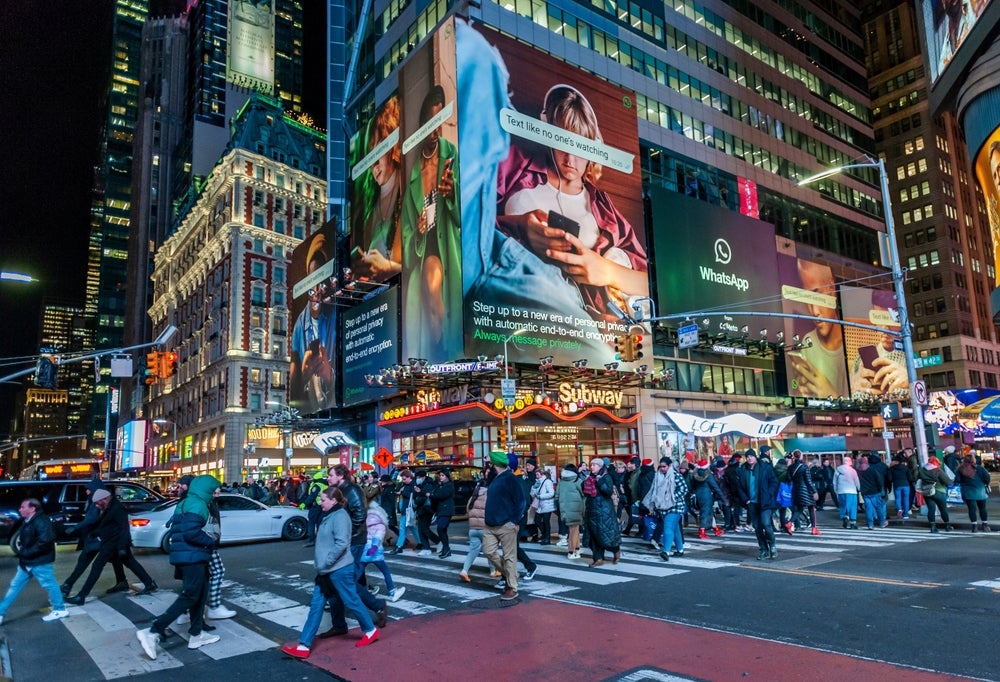Cascale announced the insights at its annual meeting where new CEO Colin Browne set out practical, strategic data-driven solutions - including an intensified focus on “industry hotspots” where major reductions can be achieved.
Cascale has already set a 45% reduction target for the textile, apparel, and footwear industry by 2030, in line with the Paris Agreement. With the industry behind on progress to achieve this, Browne called for an intensified focus on critical areas the data uncovers.
“The reality is that the consumer goods industry is not doing enough to combat climate change. With new data demonstrating a stark concentration of climate impact, we must direct action to where it matters most. We have to focus on the Industry Strategic Supplier hotspots. There is no path to achieving our 45% reduction target that doesn’t involve these 1,500 facilities.”
To help accelerate data-driven change, Cascale is working with its partners Apparel Impact Institute and RESET Carbon to build an Industry Decarbonization Roadmap, supporting suppliers to reduce their emissions in a targeted way.
“I’m more optimistic today than I was 120 days ago,” Browne says. “We have the technical knowledge, the capability and the tools to ensure a much more sustainable industry. But do we have the courage, the capacity and the commitment to follow through? I’m confident we do, and I urge every leader across the industry to step up. If not now then when? While we support our members with practical tools and techniques to help them decarbonise, we also constantly challenge them to do better.”
Browne acknowledged that Cascale has work to do to drive the scale of change it wants to see among its members. As part of Cascale’s membership requirements, corporate members must now join the organisation’s Decarbonization Program and set science-based targets (SBTs) or science-aligned targets (SATs). In 2023, 59.7% of Cascale corporate members had either set or begun the process of setting SBTs or SATs - a 28.9% increase from the previous year.
“Cascale data shows there is a long road ahead. We found that within our membership, 33% of brands and 54% of manufacturers haven’t set Science-Based Targets. That needs to change. More importantly, brands and suppliers need to work in tandem to transform their Tier 2, which is the single most important source of carbon emissions. Setting an SBT without close consultation with one’s supply chain is unacceptable and irresponsible given the near-term deadline of 2030. But, with the right actionable data and mutual support, there is hope.”















